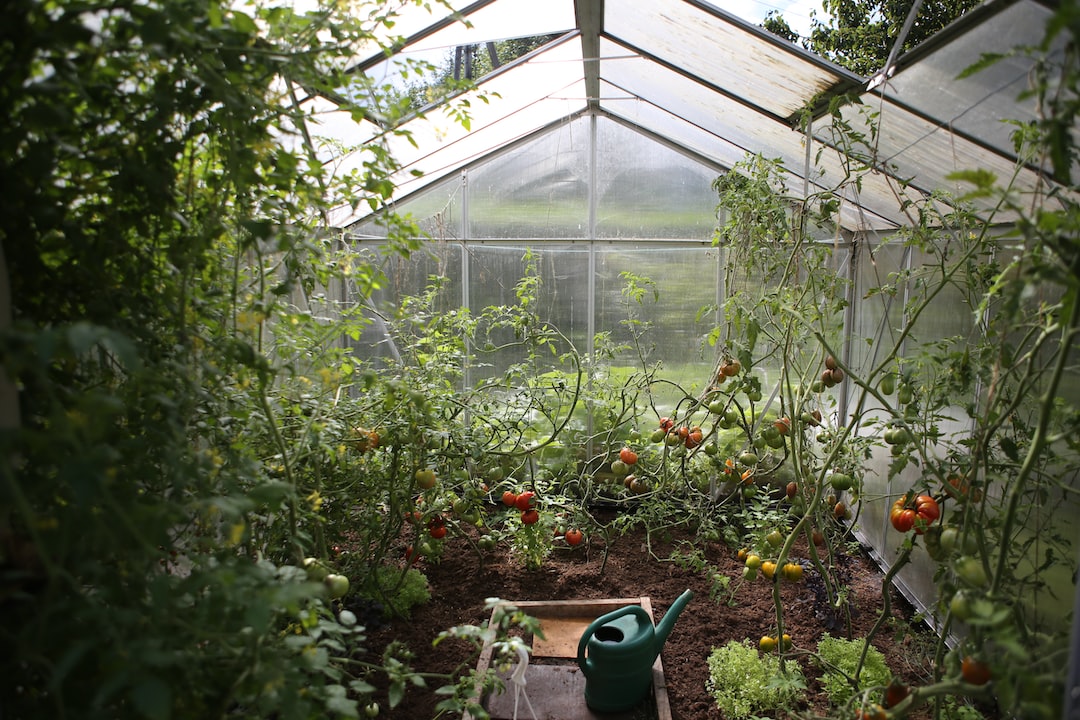Creating a Peaceful Zen Garden Retreat
In the fast-paced, chaotic world we live in, finding inner peace and tranquility can feel like an impossible task. However, creating a peaceful Zen garden retreat can provide a much-needed sanctuary from the daily stresses of life. These serene and harmonious spaces invite you to slow down, reconnect with nature, and cultivate a sense of calm. In this blog post, we will explore the key elements of a Zen garden and offer practical tips on how to create your own peaceful retreat.
A Zen garden, also known as a Japanese rock garden or dry landscape garden, typically consists of carefully placed rocks, gravel, moss, and carefully pruned trees or shrubs. The simplicity and minimalism of these gardens are essential components of their peaceful ambiance. By removing unnecessary clutter and distractions, Zen gardens allow for a clear and focused mindset.
One of the most important elements of a Zen garden is the careful selection and placement of rocks. These rocks, known as “ishi,” serve as the backbone of the garden and represent natural elements such as mountains or islands. When choosing rocks for your Zen garden, opt for those with interesting shapes, textures, and colors. Arrange them in a way that creates a sense of balance and harmony.
Gravel or sand, referred to as “shin” or “suna” in Japanese, is another key component of a Zen garden. Rake the gravel or sand in a consistent pattern, such as concentric circles or straight lines, to create a sense of fluidity and movement. This raking technique, known as “samon,” brings a meditative quality to the garden, enticing you to slow down and reflect.
Moss, with its vibrant green color and soft texture, adds a natural and soothing element to a Zen garden. It thrives in shady and moist areas, making it an ideal ground cover for the shaded corners of your retreat. The velvety surface of moss invites you to sit or walk barefoot, connecting you with the earth and grounding you in the present moment.
Another crucial aspect of a Zen garden is the inclusion of carefully pruned trees or shrubs. These plants, known as “karikomi” in Japanese, are often selected for their sculptural shapes and to complement the overall aesthetic of the garden. The act of pruning encourages mindfulness and attentiveness, as you carefully shape and nurture the plants to maintain their visual harmony.
Creating a peaceful atmosphere in your Zen garden goes beyond the physical elements. Take into account the power of sound and the inclusion of water features. The tranquil sound of running water can greatly enhance the sense of serenity in your retreat. Consider incorporating a small waterfall, a bamboo fountain, or a simple stone basin where you can place a small bamboo ladle to evoke a sense of tranquility.
To fully immerse yourself in the Zen garden experience, create a cozy seating area where you can relax, meditate, or simply enjoy the beauty of your surroundings. Incorporate elements such as a comfortable bench, soft cushions, or a traditional Japanese tatami mat. Add some Zen-inspired decorations, such as a small Buddha statue or a wind chime, to complete the ambiance.
Maintaining a Zen garden requires ongoing care and attention. Regular pruning, weeding, and raking ensure that the garden remains in a state of balance and harmony. Revisit your garden regularly and dedicate time to observe, reflect, and reconnect with nature. Use this space as a retreat for meditation, mindfulness, or simply as a place to find solace and peace away from the chaos of modern life.
In conclusion, creating a peaceful Zen garden retreat can bring a sense of tranquility and balance to your life. By incorporating elements such as carefully placed rocks, raked gravel or sand, lush moss, and pruned plants, you can design a serene space that invites you to slow down, find inner peace, and reconnect with nature. Dedicate time to maintaining and nurturing your Zen garden, and allow it to be a sanctuary where you can rejuvenate your mind, body, and spirit.

